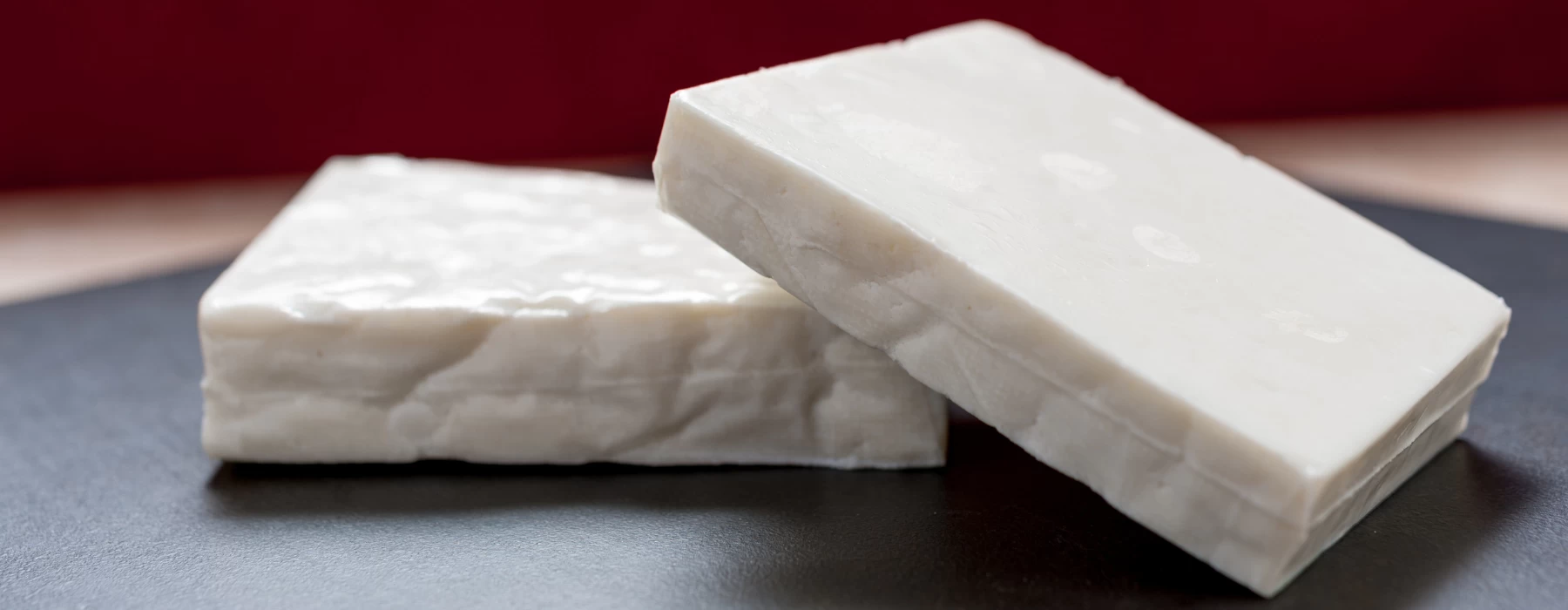Paneer
Paneer

Paneer, when taken in the right amounts, is very nourishing and healthy. It is an important part of Indian cuisine. Paneer is made from curdling of milk using food-derived acids, like, lemon, sour curd, vinegar, and citric acid. Then it is sieved using a muslin cloth and pressed with weight to make its slab. Nutritional information of per 100 gms paneer:
|
Total fat |
26.9 gms |
|
Saturated fat |
18.1 gms |
|
Trans fatty acid |
<0.1 gm |
|
Cholesterol |
56.2 mg |
|
Sodium |
22.1 mg |
|
Total Carbohydrates |
6.1 gms |
|
Protein |
19.1 gms |
|
Vitamin A |
210 mcg |
|
Calcium |
420 mg |
|
Iron |
2.16 mg |
Paneer is a type of fresh cheese that is commonly used in Indian cuisine. It is made by coagulating milk with an acid, such as lemon juice or vinegar, and then pressing the curds to remove the whey. Paneer has a firm, dense texture and a mild, milky flavor.
Health benefits of paneer include:
-
High in protein: Paneer is a good source of high-quality protein, which can help support muscle growth and repair.
-
Supports healthy bones: Paneer is a good source of calcium, which is important for maintaining strong bones.
-
Supports heart health: Paneer is a good source of conjugated linoleic acid (CLA), which is a type of healthy fat that can help reduce the risk of heart disease.
-
Supports weight management: Paneer is low in fat and high in protein, making it a good food choice for those looking to manage their weight.
-
Supports healthy digestion: Paneer is easy to digest, making it a good food choice for those with digestive issues.
It is important to note that paneer is also relatively high in saturated fat, so it should be enjoyed in moderation as part of a balanced diet. Additionally, the quality of paneer can vary depending on the type of milk used, so it's important to choose high-quality, organic milk if possible.
Downsides of Paneer:
-
High in saturated fat: Paneer is relatively high in saturated fat, which can increase cholesterol levels and the risk of heart disease if consumed in excess.
-
High in calories: Paneer is also relatively high in calories, which can lead to weight gain if consumed in excess.
-
Contains lactose: Paneer is made from milk and contains lactose, which can be difficult for some people to digest. Those with lactose intolerance may experience digestive symptoms, such as bloating, gas, and diarrhea, after eating paneer.
-
Potential contamination risk: Paneer can be contaminated with harmful substances, such as bacteria, if not stored or prepared properly. It's important to store paneer properly and consume it within a few days of purchase to reduce the risk of contamination.
In conclusion, while paneer can be a healthy and nutritious food, it's important to eat it in moderation and choose high-quality, organic milk if possible. As with any food, it's best to enjoy paneer as part of a balanced diet to minimize potential downsides.
Some recipes made from paneer: Paneer bhurji, Paneer tikka, Veggie salad 2 (with paneer and walnuts), Fruit salad with paneer and walnuts (summer), Garlic paneer masala, Kadhayi paneer, Keto paneer paratha, Keto paneer paratha with soya flour, Malai kofta, Malayi matar paneer, Matar paneer (low calorie), Matar paneer, Multigrain paneer paratha, Mushroom paneer masala recipe, Palak paneer, Paneer bhurji, Paneer Biryani, Paneer corn sabji, Paneer do pyaja, Paneer jalfrezi, Paneer ki sabji (dhaba style), Paneer kofta curry, Paneer masala, Paneer paratha (low GI), Paneer pasanda, Paneer patty, Paneer scrambled with vegetable, Paneer veggies paratha, restaurant style paneer chili, Sahi paneer (low calorie), Sahi paneer (punjabi style), Yummy paneer paratha.
